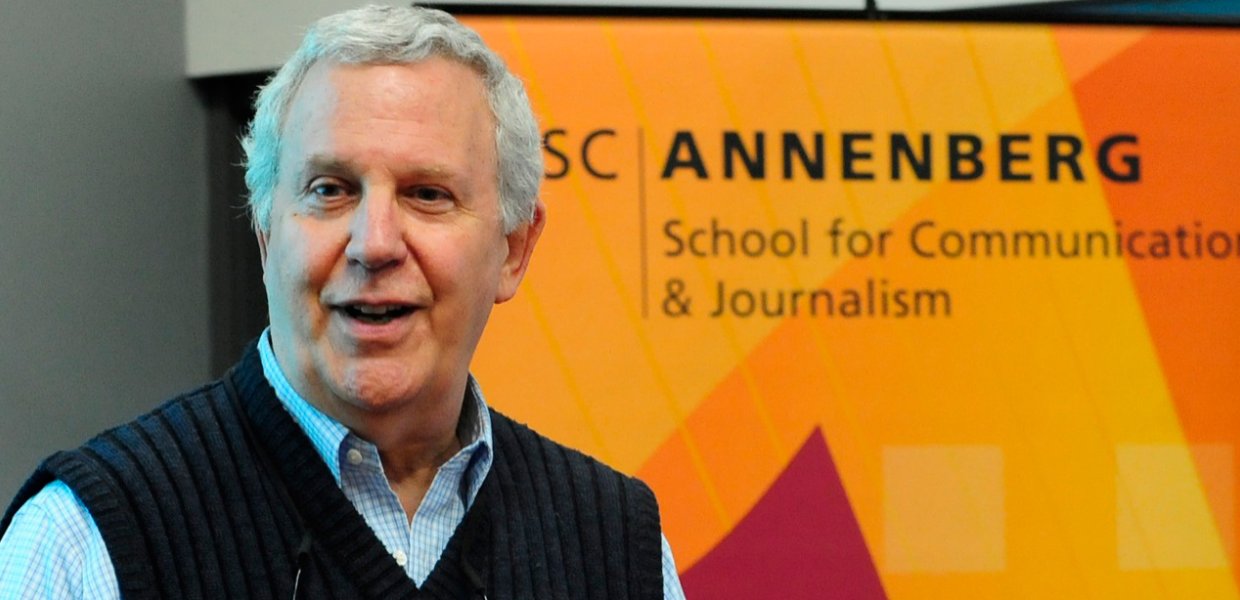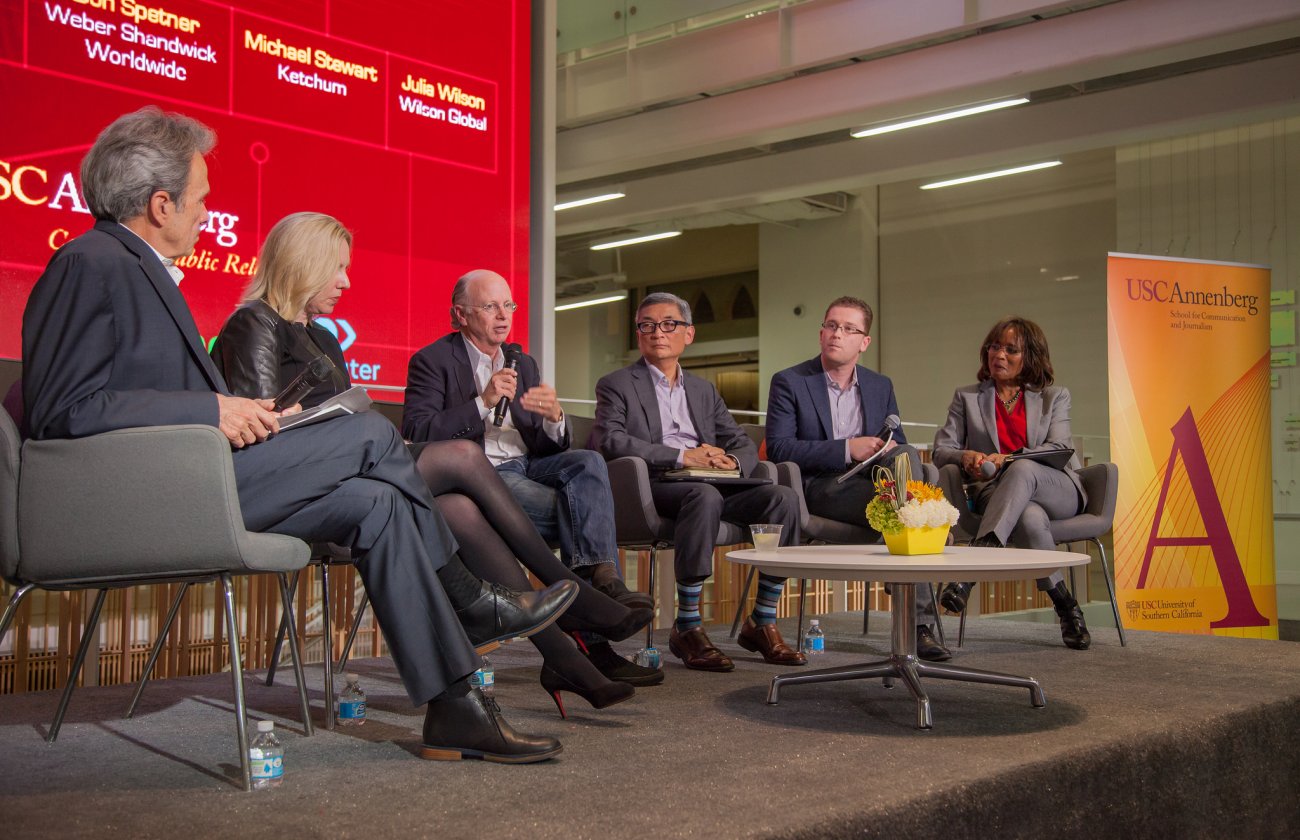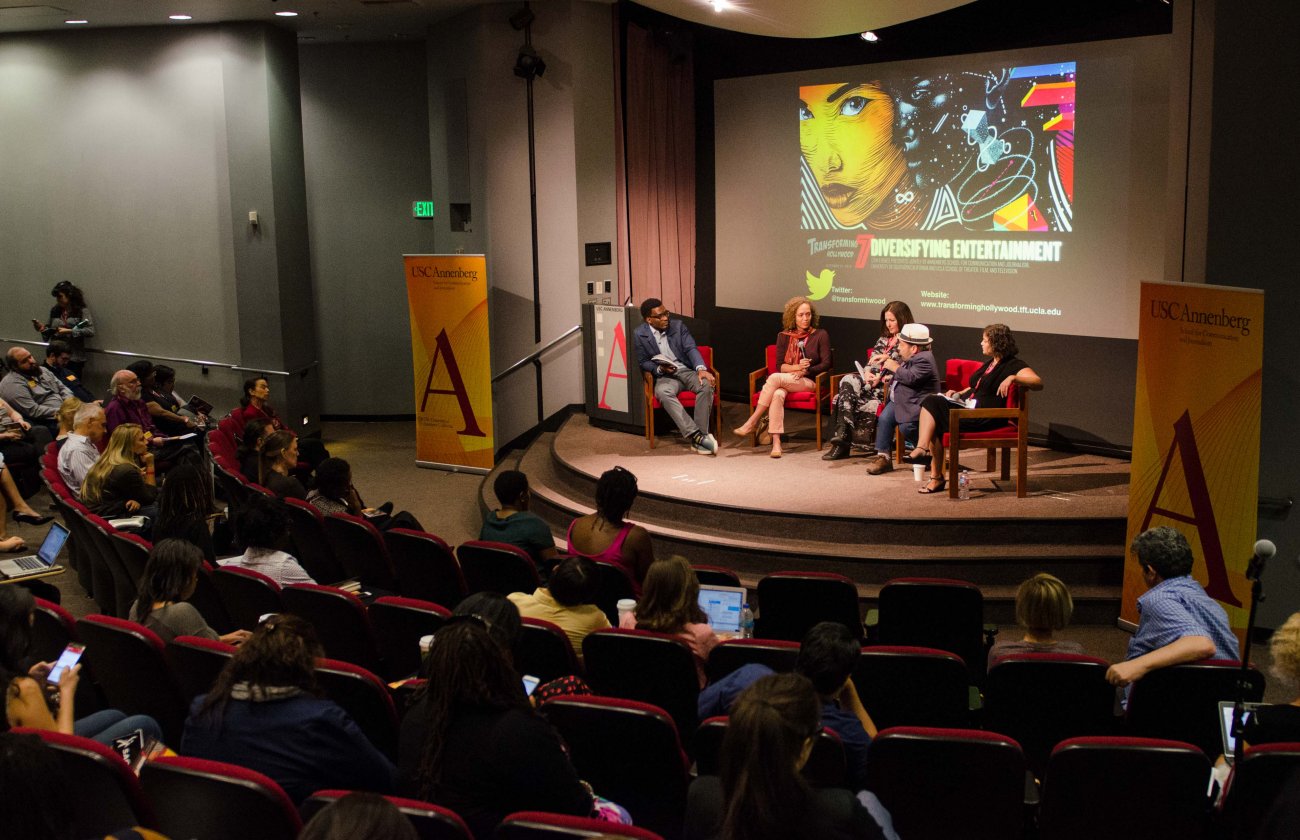Wednesday, the Supreme Court struck down the federal Defense of Marriage Act and chose not to overrule a lower court’s ruling on California’s Proposition 8. These historic rulings appear to advance significantly same-sex couples’ rights to marry. We discussed the events with Larry Gross, USC Annenberg Vice Dean and School of Communication Director and Professor. Gross, a founder of the field of Gay and Lesbian Studies, was interviewed via email the day the decisions were announced.
Where were you today when you heard the news of the two Supreme Court decisions — and how did you react?
Exactly ten years ago, driving across the country, moving to LA and USC, I was in Texas when the Supreme Court’s Lawrence v. Texas decision was announced on the car radio. I couldn’t match that today, but the anniversary is quite notable and possibly not accidental. When I woke up this morning it was already late morning in [Washington,] D.C. so I checked in online and saw the news of announcement, and it was pretty much what I expected. Which doesn’t make it any less exciting.
Landmark decisions or not, I'm guessing that you were hardly surprised by today's news. Didn't you, years ago, predict marriage equality would become the law of the land?
No, I was not surprised, including by the disappointing punt towards States Rights, which also characterized the Court’s deplorable gutting of the Voting Rights Act. But, on the topic of GLBT rights, the trend has been clear and predictable for some time, although it’s always risky to predict the exact timeline of social change.
What does today say — if anything — about the power of popular culture?
Gross: The trends we’ve seen recently owe a lot to the demographic shifts of the past decade, as a generation that grew up in a world where gay folks were simply part of landscape comes into political maturity. The right wing is just now realizing that their kids are not responding to the familiar scare tactics that have worked so well to raise funds and get out the vote. The media deserve a large amount of credit for these changes, not necessarily because they were acting out of noble motives, but because they recognized that their most sought after audiences – young folks – wanted to see a more accurate reflection of reality on the large and small screens.
And finally, one of your many celebrated books is titled, "Up From Invisibility: Lesbians, Gay Men, and the Media in America." If you were adding a new afterward now to the volume, what might you write about?
Gross: At the end of that book, written more than ten years ago, I noted that the thrust of the GLBT movement since the early 1990s was to secure visible and full admittance to central institutions of American culture. These included the military – check! – the Boy Scouts – almost check! – and now marriage –13 states and the District of Columbia after today. In addition, the long-standing closets of Hollywood and even major league sports are beginning to crumble. As with race and gender, there’s still a long way to go [for example, there is no legal protection against discrimination in 29 states], but the progress in the last few decades is by any measure remarkable.









